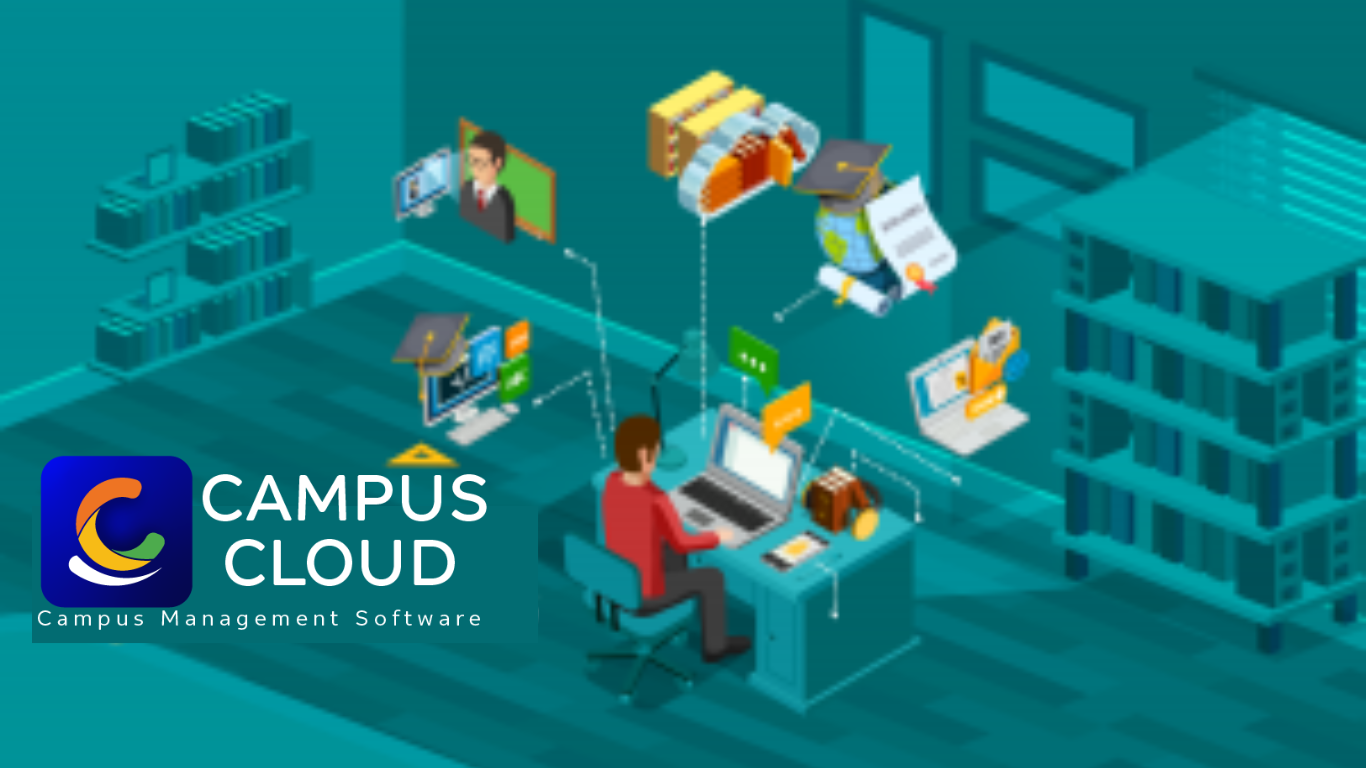Implementing Enterprise Resource Planning (ERP) software in educational institutions can revolutionize the way schools and universities manage their administrative and academic processes. However, the journey is not without its hurdles. Understanding and addressing these challenges is essential for maximizing the benefits of an ERP system. Here’s an in-depth look at common ERP challenges in educational institutions and how to overcome them.
1. High Implementation Costs
Challenge: The initial costs of purchasing, customizing, and implementing an ERP system can be substantial, which can be a significant concern for educational institutions working with limited budgets.
Solution: Conduct a comprehensive cost-benefit analysis to justify the investment. Consider cloud-based ERP solutions that offer flexible pricing models and lower upfront costs. Implement the ERP system in phases to spread out expenses over time.
2. Data Migration Issues
Challenge: Migrating data from legacy systems to a new ERP system can be complex and prone to errors. Inaccurate data migration can disrupt operations and affect decision-making.
Solution: Develop a detailed data migration plan that includes data cleansing, validation, and testing. Involve experienced IT professionals or consultants to ensure a smooth transition. Conduct multiple trial migrations to identify and resolve potential issues before the final migration.
3. Resistance to Change
Challenge: Faculty and staff may resist adopting a new ERP system due to fear of change or lack of understanding of its benefits. Resistance can hinder successful implementation and utilization of the system.
Solution: Implement a robust change management strategy that includes clear communication of the ERP system’s benefits, comprehensive training programs, and involvement of key stakeholders in the implementation process. Address concerns promptly and provide ongoing support to ease the transition.
4. Insufficient Training
Challenge: Lack of proper training can result in low user adoption and ineffective use of the ERP system. Faculty and staff may struggle to navigate the new system, leading to errors and inefficiencies.
Solution: Invest in thorough training programs tailored to different user levels. Offer hands-on training sessions, online tutorials, and user manuals. Continuously update training materials and provide refresher courses to keep users proficient with the system.
5. Customization and Integration Challenges
Challenge: Customizing the ERP system to fit specific institutional needs and integrating it with existing software can be complex and time-consuming. Poor customization can lead to inefficiencies and frustration among users.
Solution: Collaborate with experienced ERP vendors and consultants to customize the system effectively. Ensure that customization aligns with institutional processes and goals. Use APIs and middleware solutions to facilitate seamless integration with other software systems.
6. Data Security Concerns
Challenge: Protecting sensitive student and institutional data within the ERP system is critical. Data breaches or security lapses can have severe consequences.
Solution: Implement robust security measures, including encryption, multi-factor authentication, and regular security audits. Ensure that the ERP vendor complies with industry-standard security protocols. Educate faculty and staff about data security best practices to minimize risks.
7. Inadequate Vendor Support
Challenge: Lack of adequate support from the ERP vendor can result in prolonged downtimes and unresolved technical issues, disrupting academic and administrative operations.
Solution: Choose an ERP vendor with a strong reputation for customer support. Establish clear communication channels with the vendor and set service level agreements (SLAs) to ensure timely resolution of issues. Regularly review vendor performance and provide feedback to maintain high-quality support.
Conclusion
While implementing an ERP system in educational institutions presents its set of challenges, understanding and addressing these issues proactively can lead to a successful and seamless integration. By conducting thorough planning, investing in training, and working closely with experienced vendors, educational institutions can overcome common ERP challenges and fully reap the benefits of their ERP system.
Book your demo Here Contact us at the Campus Cloud Contact Page.
